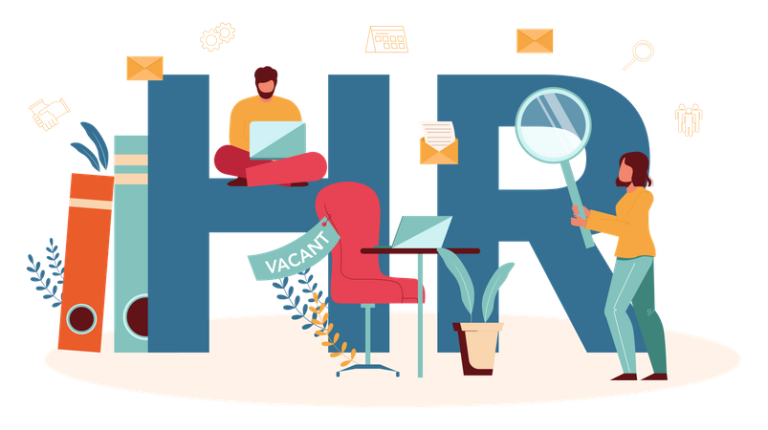Human resources or HR is an essential department in an organization responsible for managing employee-related activities. HR professionals oversee the recruiting and hiring process, employee relations, performance management, compensation and benefits, and other related tasks. The acronym HR stands for human resources. In this article, we will explore the full form of HR and its role in organizations.
What is the full form of HR?
The full form of HR is Human Resources. It is also known as Personnel Management in some countries. The main goal of this department is to find, hire, train, develop, motivate, and keep the best people in an organization.
HR departments are responsible for ensuring that an organization has the necessary human capital to achieve its goals and objectives.
The Role of HR
HR plays a vital role in an organization, and their responsibilities vary depending on the organization’s size, structure, and goals. Here are some of the critical functions of HR:
Recruitment and Selection
One of the primary responsibilities of HR is to recruit and select the right candidates for an organization. They advertise job openings, screen resumes, conduct interviews, and perform background checks to ensure that candidates meet the requirements for the job. The HR department also oversees the onboarding process to ensure that new employees are welcomed, trained, and integrated into the organization.
Employee Relations
HR professionals play a crucial role in managing employee relations. They develop and implement policies and procedures that promote a positive and productive work environment. They also handle grievances and conflicts that arise in the workplace and work towards finding solutions that benefit both the organization and the employees.
Performance Management
Performance management is another essential function of HR. They are responsible for setting performance goals, providing feedback and coaching, conducting performance evaluations, and developing performance improvement plans if necessary. The HR department also ensures that employees have access to the necessary resources and tools to perform their jobs efficiently.
Compensation and Benefits
HR professionals are responsible for managing employee compensation and benefits. They develop and implement compensation policies and ensure that employees are paid fairly and equitably. They also administer benefits programs such as health insurance, retirement plans, and other fringe benefits.
Training and Development
HR is also responsible for employee training and development. They identify training needs, develop training programs, and ensure that employees receive the necessary training to perform their jobs effectively. HR professionals also work with managers to develop career development plans and succession planning strategies.
Conclusion
In conclusion, Human Resources (HR) is a very important part of an organization because it manages things that have to do with employees. The full form of HR is Human Resources, and their role in an organization is vast and essential. They are in charge of finding and hiring the right people, managing employee relations, managing performance, figuring out pay and benefits, and training and developing employees.
The HR department is very important for making sure that a company has the right people to reach its goals and objectives.

